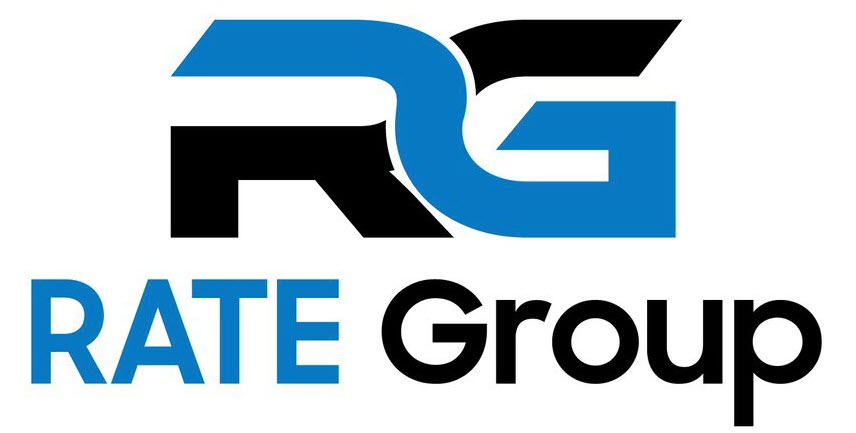
29 Feb Defining Bitcoin: Money, Currency or Store of Value
[ad_1]
As the Bitcoin halving draws ever nearer, the demand for the digital asset keeps soaring, having seen an increase of around 15% against the United States dollar in the past month. The Bitcoin halving is predicted to take place during May 2020 and will see Bitcoin’s issuance rate decrease from 12.5 to 6.25 BTC every block or around every 10 minutes. As time goes on, Bitcoin’s scarcity and high stock to flow rate continue to make it an increasingly attractive asset for investors.
As Bitcoin’s journey toward the mainstream continues to push forward, it is important to attempt to find out how the world sees the first cryptocurrency. With this in mind, here are some very important questions to ask: What is Bitcoin? Is it a currency? A form of money? A store of value? All of the above or none of the above? Perhaps something completely new?
Pick a side
Some defend Bitcoin as a superior store of value due to its scarcity, unforgeability and safe haven properties. In a recent blog…
[ad_2]
Source link

